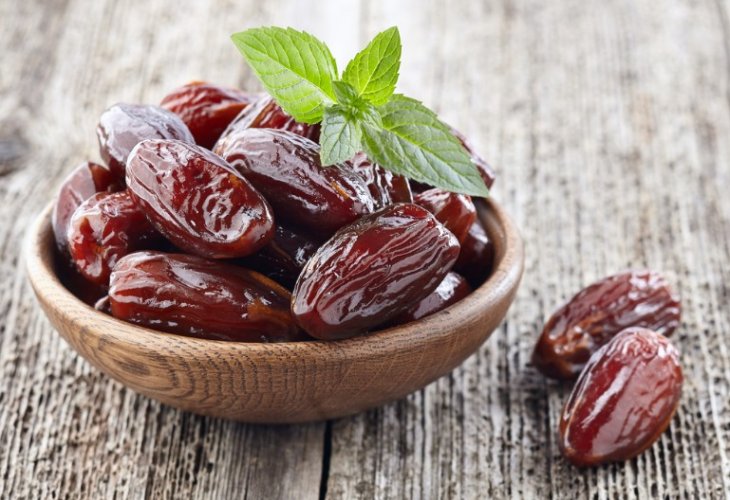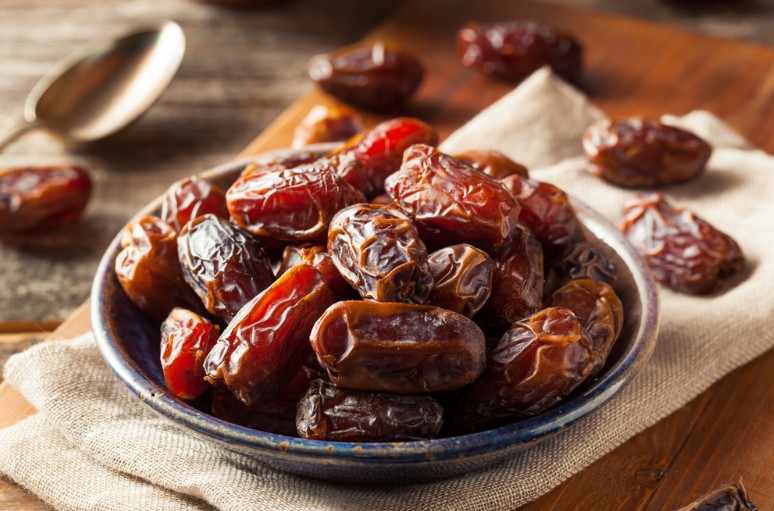Jewish Law
Trima, Date Paste, and Kashrut: The Hidden Truth About Crushed Dates in Jewish Law
Understanding the Talmudic concept of Trima, modern date processing, insect concerns, and the correct blessing according to halachic authorities

There is a term in the Talmud called “Trima” which the Talmud struggles to define. Many opinions exist about what Trima looks like, and as a result, there are also many opinions regarding which blessing should be recited over it. But before discussing the proper blessing, it is important to understand: Is it even permissible to eat it today? What is Trima? And can it be produced today in a kosher way?
What is Trima?
Trima essentially refers to crushed or mashed fruit. When the Gemara discusses it, the primary example used is dates. Even today there are several types of crushed date products. Some identify Trima with “kavush dates” (compressed dates), the kind Rashi may have referred to when he wrote, “Trima — something that is crushed a little but not fully ground.” Others follow the Rambam, who describes Trima as dates that one mashes thoroughly, removes the pits from, and turns into a paste — though it’s likely this is still not exactly the modern-day date spread.
How dates are produced today
Date cultivation in Israel is among the best in the world. Export-quality dates — especially the large “Bonbon” dates or high-end Medjool, are extraordinarily sweet and high quality, far better than what is usually sold locally.
After picking, dates undergo sorting. The higher-quality dates are separated, while Grade C dates are left aside. These are usually the dates that are too dry, often bitter due to lower sugar content, or damaged and split. These dates cannot be marketed as whole dates, so they are repurposed as compressed dates, date spread, or silan.
The problem with compressed dates
Compressed dates are not “pickled” like cucumbers, but rather mechanically pressed, which crushes them — though not completely; they still look like whole dates. What people don’t realize is that these Grade C dates often come from batches that are heavily insect-infested, since damaged or split dates are far more likely to harbor worms and other pests.
Although various steaming or heat treatments are used to reduce infestation, damaged dates are still considered “presumed infested.” When these dates undergo compression, no one checks each one individually beforehand. As a result, no major kashrut authority certifies compressed dates, and some prohibit their use entirely, even as filling in baked goods like Iraqi ba’aba pastries.

Date Spread (Margarita / Silan Production)
Date spread is usually made from the same Grade C dates, but through a different process:
The dates are pitted by machine.
They are cooked with water and sugar until a foamy white layer forms.
The mixture is then pressed to extract the liquid—this becomes silan.
The remaining cooked dates are ground into a paste which becomes date spread.
Kashrut concerns with date spread
Silan poses less of a bug problem because it is fully liquid and filtered. However, date spread is a different story. Since the starting dates are classified as highly infested, grinding them simply grinds the bugs along with the fruit.
Some argue that since the intention is to produce a paste — not to grind insects, any bugs are halachically nullified. But many halachic authorities dispute this. Moreover, not all grinding is fine enough to guarantee the insects are destroyed. Indeed, whole worms and even moths have been found in some commercially sold date spread.
For this reason, mehadrin certifiers conduct strict pre-grinding inspections and require grinding fine enough to ensure any pests are fully pulverized.
In some cases, kashrut inspectors have rejected all dry dates available, forcing factories to produce date spread from fresh soft dates instead.
Back to Trima: What blessing should be recited?
Even after understanding the halachic and practical issues, there remains the classic question: What is the correct blessing on date paste?
According to Maran Rav Ovadia Yosef, even crushed fruit retains its original blessing, so date paste is still “Borei Pri Ha’etz.”
According to Ashkenazic poskim, fruit that is fully mashed and especially cooked loses its original blessing and becomes “Shehakol.”
Thus, even something as simple as date paste becomes a halachic discussion.

